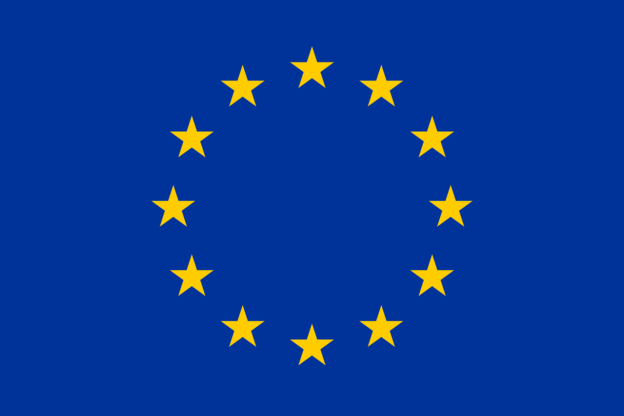In the context of restrictive measures adopted pursuant to Article 215 of the Treaty on the Functioning of the European Union, national competent authorities (“NCA”) of the Member States may request the Commission to provide its views on the application of specific provisions of the relevant legal acts or to provide guidance on their implementation.
In this regard, the Commission has received a joint request for an opinion from several NCAs on the application of the financial measures laid down in Article 2 of Council Regulation (EU) No 269/2014 concerning restrictive measures in respect of actions undermining or threatening the territorial integrity, sovereignty and independence of Ukraine (“the Regulation”). For reminder, Article 2(1) of the Regulation imposes an asset freeze on all funds and economic resources belonging to, owned, held or controlled by, among others, any persons listed in Annex I to the Regulation. In addition, pursuant to Article 2(2) of the Regulation, EU operators are prohibited from making funds or economic resources available, directly or indirectly, to these designated persons.
The NACs sought guidance and asked several questions namely with regard to situations where a designated person listed in Annex I to the Regulation has a management role in a non-designated, non-EU entity.
In its recently published opinion of 19 June 2020 (“the Opinion”), the Commission took the view that it is the competence of the NCA to determine, taking into account all the elements at their disposal and the specific circumstances of the case, whether a designated person has control over another non-listed entity.
If such control by the designated person over the entity is established, then the Commission details the analysis that NCAs should adopt:
- In this case, the assets of the non-listed but controlled by a designated person entity shall also be frozen. The entity may obtain the lifting of the freeze on some or all of its assets by showing that they are in fact not “controlled” by the designated person. The way to do so depends on national rules. NCAs should make the conclusions regarding the existence of such control public.
- Making funds available to the entity (for instance through payments to any of its bank accounts) is prohibited, unless authorized by the NCA pursuant to one of the derogations provided for in the Regulation or unless it is reasonably determined that the funds will not be made available to the designated person. EU banks may credit frozen accounts insofar as the incoming funds are also then frozen. Payments from non-frozen accounts of the Entity are allowed.
- Providing services to or working for the entity can be considered as making economic resources indirectly available to the designated person, insofar as it enables the latter to obtain funds, goods, or services. It is for the NCA to make such an assessment.
- Finally, Article 4(1)(c) of the Regulation allows NCAs to authorize the release of certain frozen funds or economic resources, or the making available of certain funds or economic resources, after having determined that these are “intended exclusively for payment of fees or service charges for routine holding or maintenance of frozen funds or economic resources”. The applicability of this derogation to the abovementioned situation is limited to fees or services charges that would ensure the routine holding of existing frozen funds.
Although the present Opinion was published regarding certain questions raised by the interpretation of the Regulation applicable to Ukraine, this solution is easily transposable to other EU restrictive regimes. As a result of this Opinion, EU operators should be extremely vigilant and implement additional screening procedures when dealing with sensitive destinations and thoroughly verify not only their direct counterparts but as well persons and/or entities that detain or exercise control over them.
***
DS Avocats International Trade and Customs team is at your disposal to provide you with any additional information.
CONTACT US :

